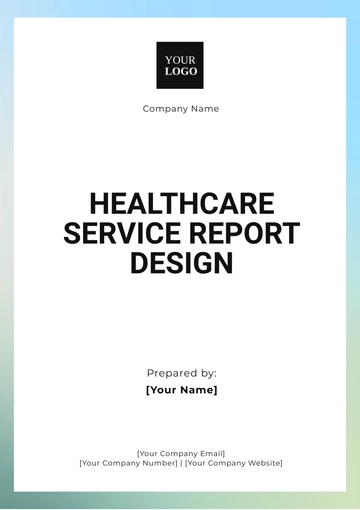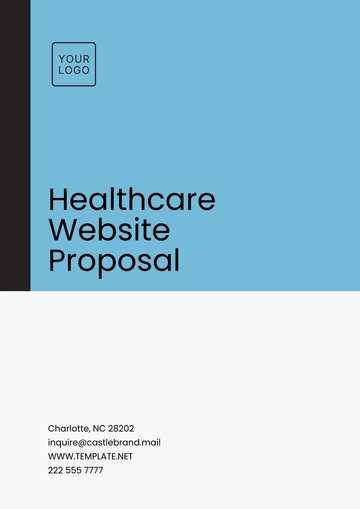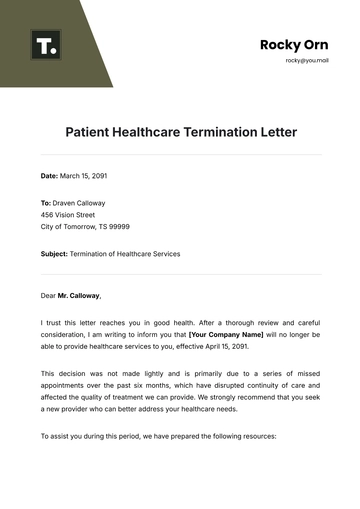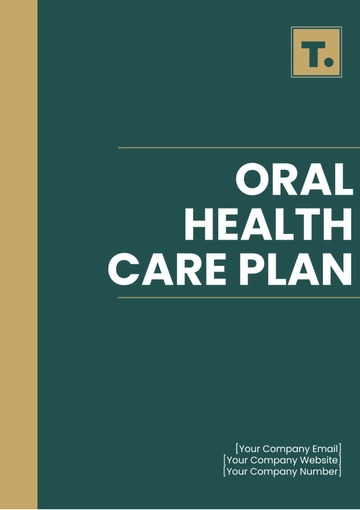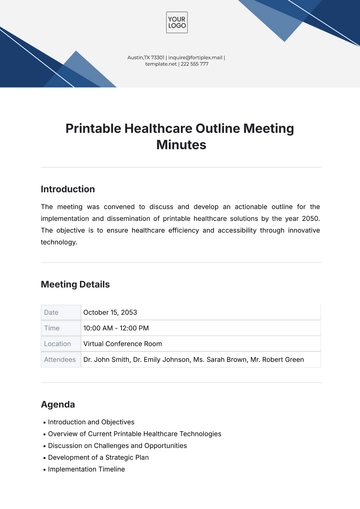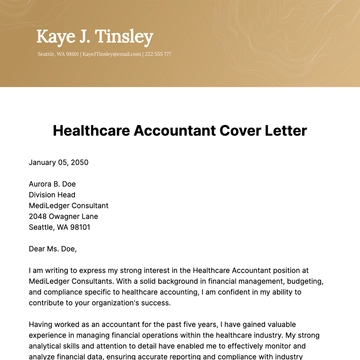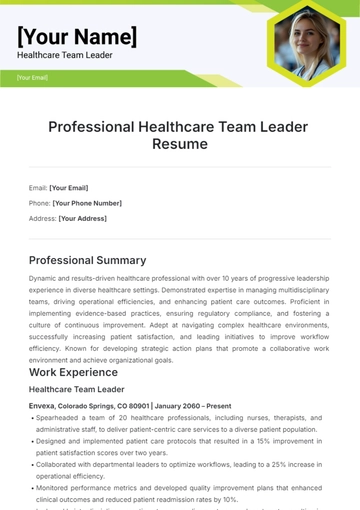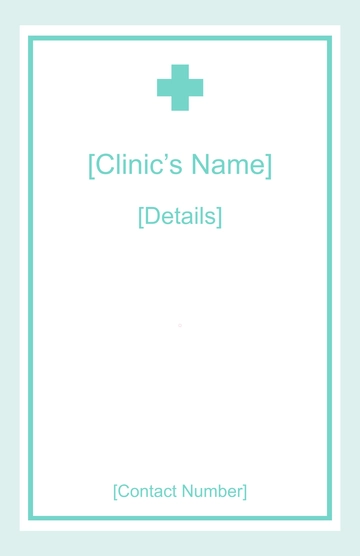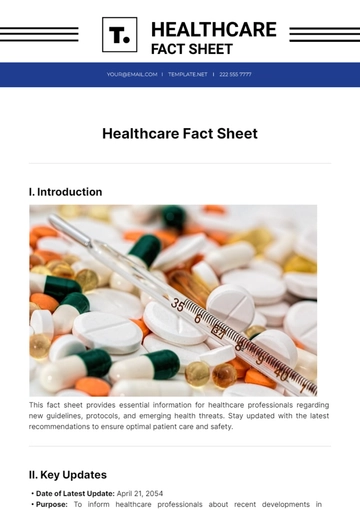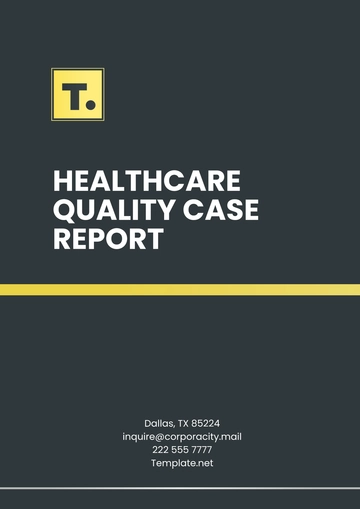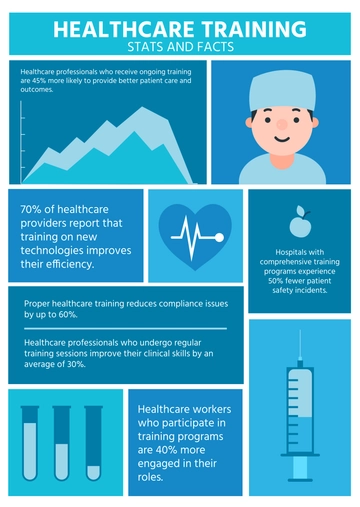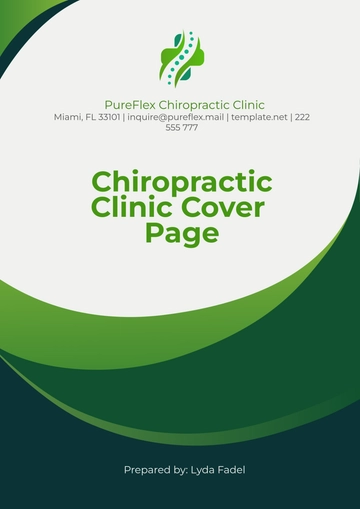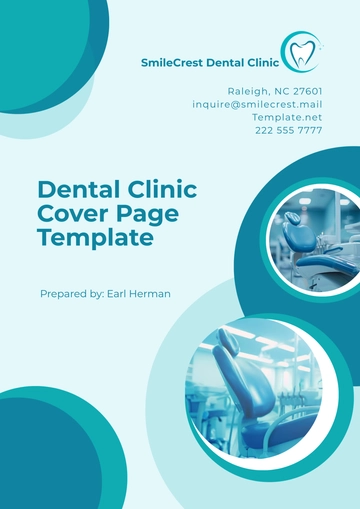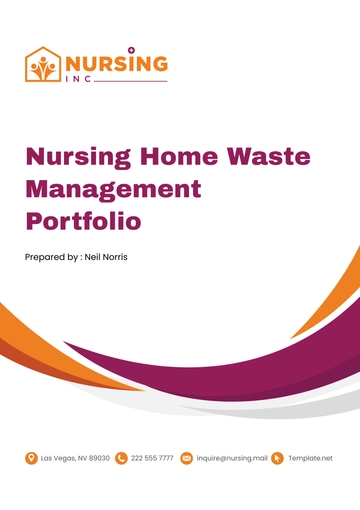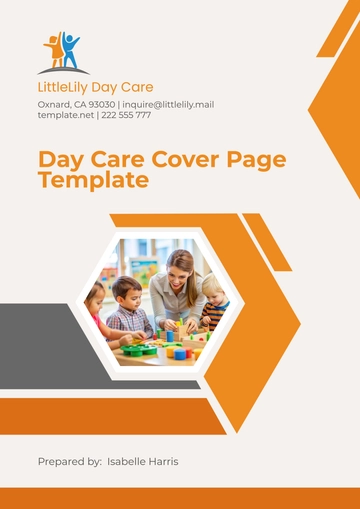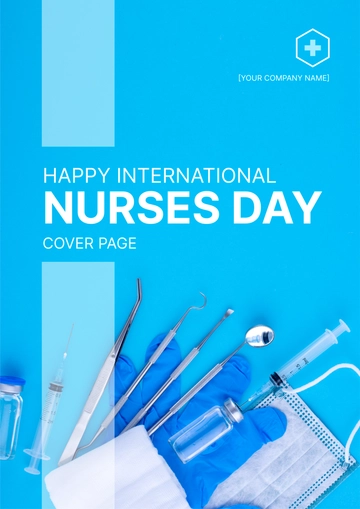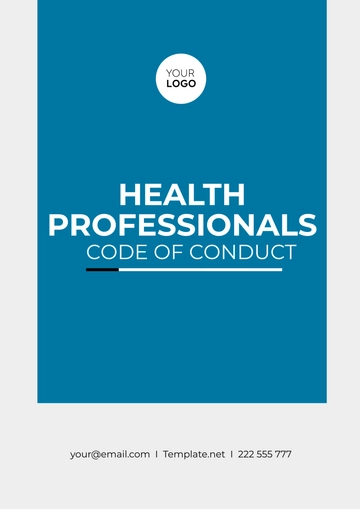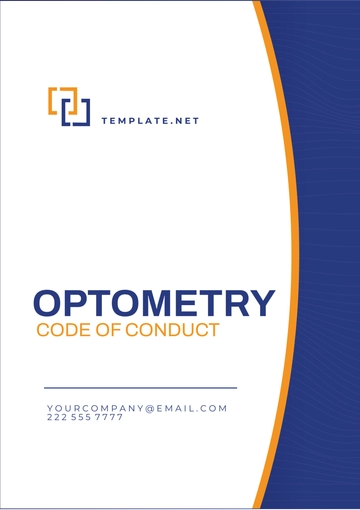Free Hospital Discharge Rules
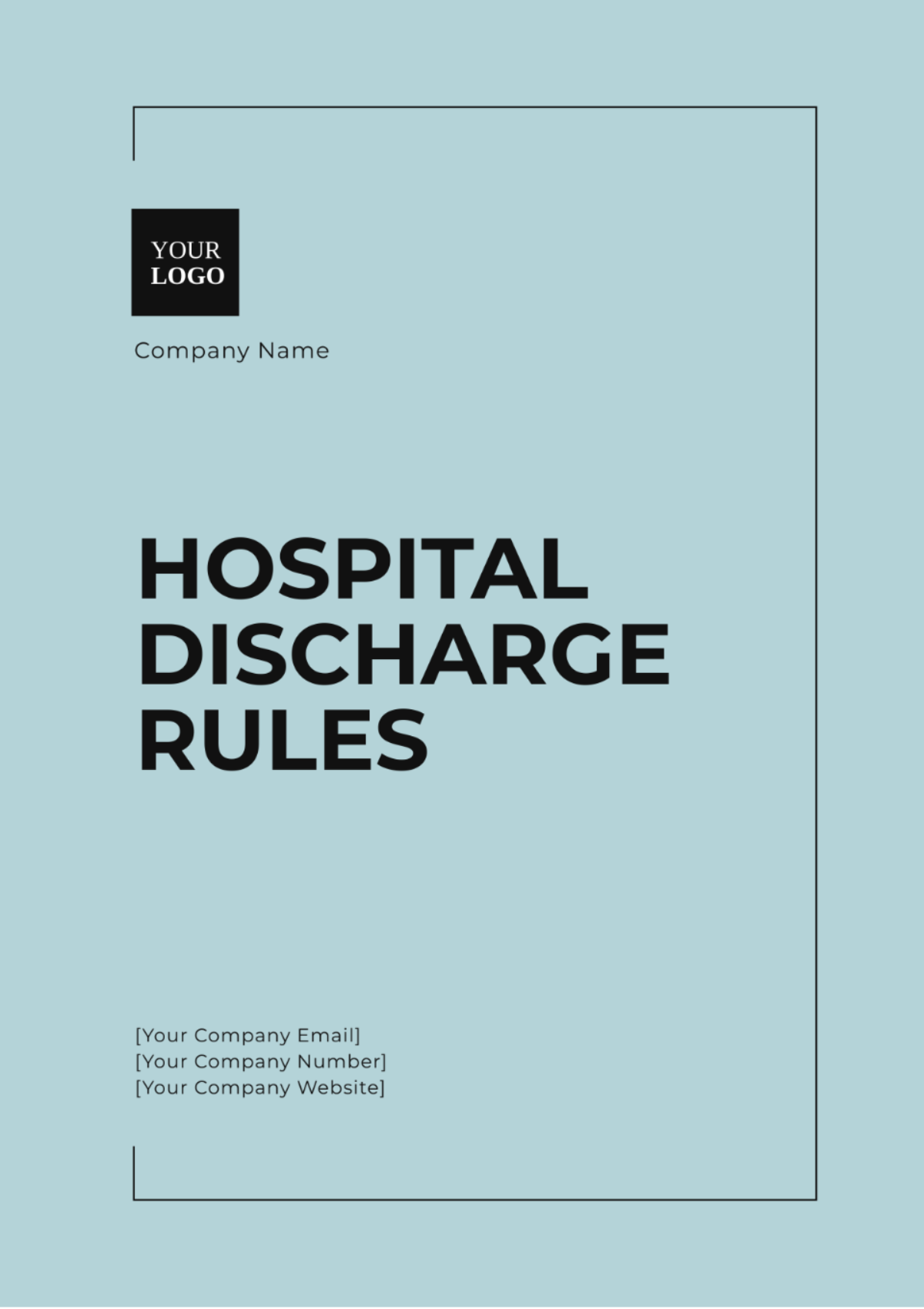
Prepared By: [YOUR NAME]
Date: [DATE]
I. Purpose
Our goal is to develop and implement a detailed and comprehensive protocol designed to facilitate the safe discharge of patients from the hospital. This process aims to guarantee that every patient departs with a thorough understanding of their post-hospitalization care needs. Additionally, it ensures that they are equipped with all the necessary information and resources required to support their continued care and successful recovery at home or in another appropriate setting.
II. Scope
These guidelines apply to all patients being discharged from the hospital, encompassing both those with general health conditions and those needing specialized care, such as post-surgical patients and pediatric patients requiring specific discharge protocols.
III. Discharge Criteria
A. General Criteria
Clinical Stability: The patient's health has advanced to the point where hospitalization is no longer necessary.
Patient Understanding: The discharge instructions have been clearly understood by either the patient or the caregiver.
Follow-Up Arrangements: Care plans are in place to ensure ongoing support, including scheduling doctor appointments and coordinating home health services, promoting overall well-being.
B. Specialized Criteria
Post-Surgical: The patient fulfills a particular set of criteria that are closely related to the nature of their surgical procedure, which encompasses aspects like the process of wound healing and the management of their pain.
Pediatric: Guidelines that are specific to different age groups, as well as a comprehensive understanding on the part of parents, are taken into consideration.
IV. Discharge Process
A. Preparation
Review: The healthcare team thoroughly examines and assesses the patient's medical history, evaluates the progress made with their treatment thus far, and identifies and addresses any remaining needs or concerns that must be attended to.
Arrangements: Meticulously plan follow-up care, including home support, healthcare coordination, appointments, and medical supplies.
B. Patient Education
Instructions: Kindly provide comprehensive written and verbal instructions regarding medication guidelines, dietary restrictions, activity limitations, and appropriate wound care.
Education: Provide the patient or their caregiver with clear instructions on spotting warning signs and steps to take if complications arise.
C. Documentation
Discharge Summary: Kindly prepare a thorough discharge summary outlining the patient's diagnosis, the treatments administered during their stay, and the follow-up care instructions required post-discharge.
Prescriptions: Make certain that every prescription is accurately processed, filled appropriately, and subsequently provided to the patient promptly.
V. Medication Management
A. Prescription
List of Medications: Provide a complete list of medications prescribed at discharge, including dosage and purpose.
Refills: Kindly provide comprehensive instructions and full information on the various methods for requesting medication refills, as needed.
B. Instructions
Medication Usage: Please provide detailed instructions on the proper methods for taking the prescribed medications, as well as a thorough explanation of any potential side effects that might occur as a result of taking these medications.
Interactions: Kindly examine any possible interactions with other medications the patient is currently using.
VI. Follow-Up Care
A. Appointments
Scheduling: Arrange follow-up appointments with either primary care physicians or specialty healthcare providers.
Information: Provide a written confirmation that comprehensively includes every specific detail related to the appointment.
B. Home Care
Services: Take the necessary steps to coordinate and set up any home health care services that might be needed, ensuring that all required care and support are in place to meet any specific health-related needs that arise.
Instructions: Provide detailed home-care instructions, including specific requirements and necessary equipment for proper care.
VII. Emergency Contacts
A. Hospital Contacts
Hospital Contacts: Provide the telephone numbers for the various hospital departments as well as the contact information for the discharge coordinators.
Emergency Services: Include local emergency service numbers and guidance on when to seek immediate medical help.
VIII. Special Considerations
A. Pediatric Discharges
Instructions: Ensure that you give instructions that are suitable for the age group you are working with, and make sure to actively involve the caregivers in the process.
B. Post-Surgical Discharges
Care Instructions: Provide detailed steps for wound care, including cleaning, dressing, and treatments. Also, give guidance on pain management, including meds, dosages, and non-drug methods.
IX. Review and Compliance
A. Policy Review
Policy Review: Regularly review and update discharge policies to reflect current medical standards and regulations.
B. Staff Training
Staff Training: Organize and implement comprehensive training sessions for all healthcare staff members, focusing specifically on detailed discharge procedures and the most up-to-date best practices within the industry.
X. Contact Information
A. Departments
Departments: Provide full contact details, including phone numbers, emails, and office locations, for all relevant hospital departments or discharge coordinators responsible for patient discharge processes.
B. Emergency Contact
Emergency Contact: Make certain that patients are provided with and have access to emergency contact information that they can use if any issues or complications arise after they have been discharged from the healthcare facility.
- 100% Customizable, free editor
- Access 1 Million+ Templates, photo’s & graphics
- Download or share as a template
- Click and replace photos, graphics, text, backgrounds
- Resize, crop, AI write & more
- Access advanced editor
Ensure a smooth transition for patients with our Hospital Discharge Rules Template from Template.net. This editable and customizable template helps you outline essential discharge procedures, ensuring compliance and clarity. With our Ai Editor Tool, you can easily tailor the document to your facility's specific needs. Streamline patient discharges and improve operational efficiency with this user-friendly template.
